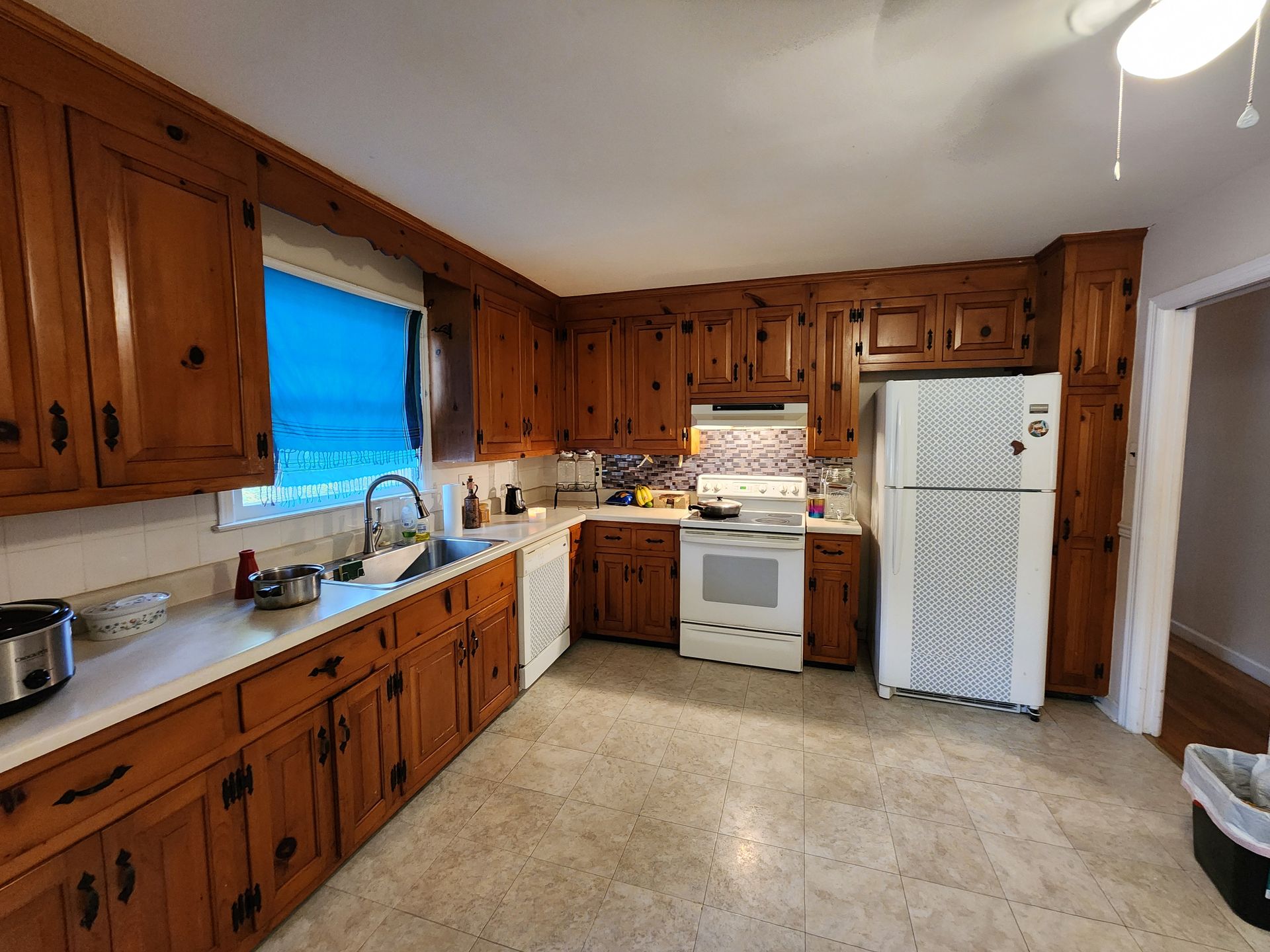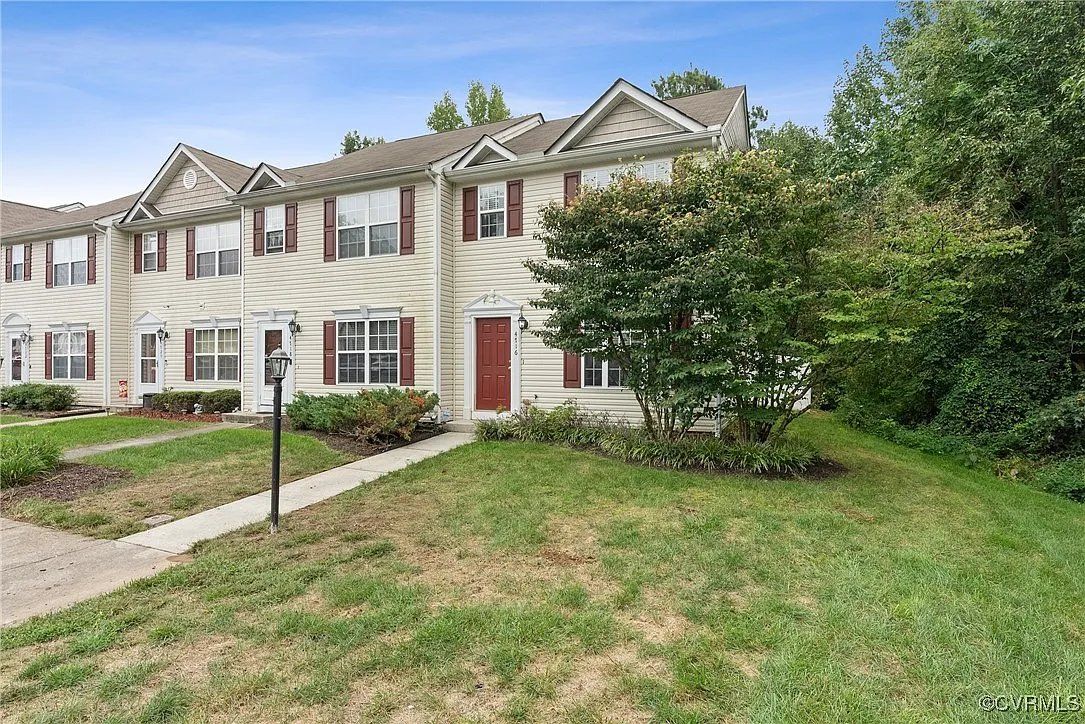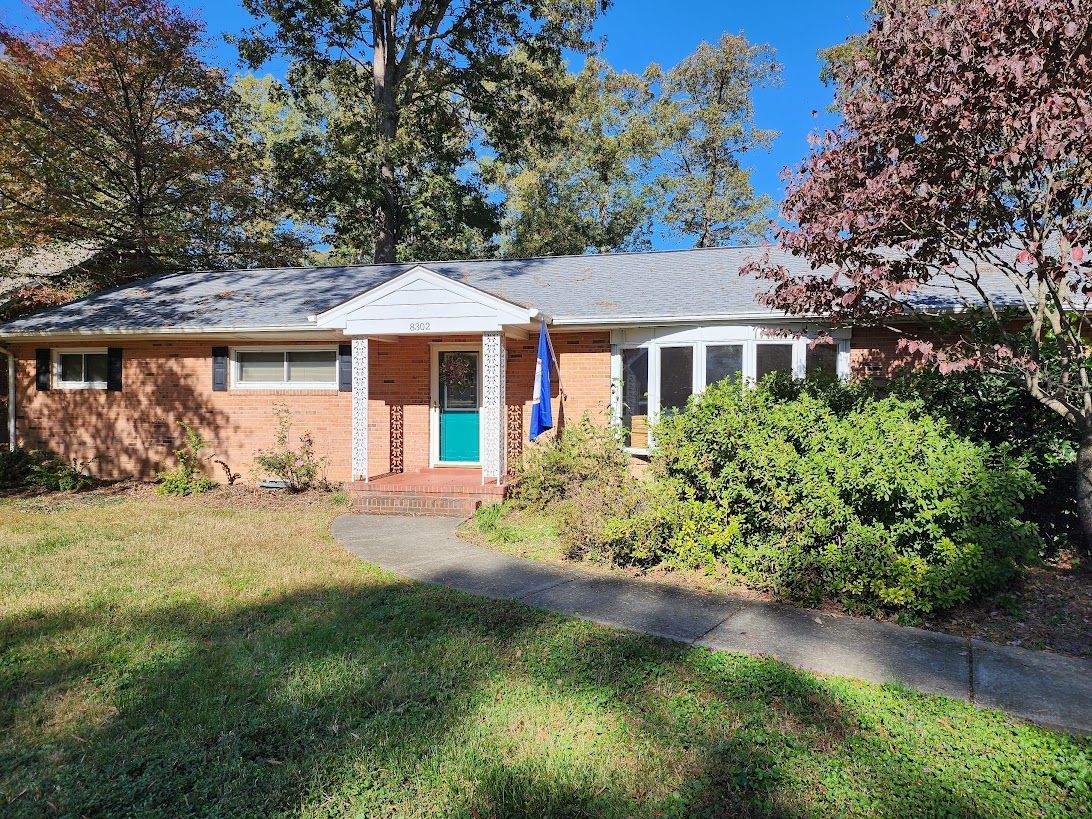How to Sell an Inherited House Quickly
Inheriting a house can be both a blessing and a challenge. On one hand, it’s a valuable asset; on the other hand, it can come with a host of responsibilities and emotional attachments. Whether you’re dealing with the property of a deceased loved one or simply an inherited home you have no use for, selling it quickly can often be the most practical solution. Here’s a comprehensive guide to help you navigate the process of selling an inherited house quickly.
1. Understand Your Situation
Before you dive into the selling process, it’s crucial to understand your situation fully. Here are a few things to consider:
- Legal Status: Ensure that the probate process is complete or close to completion. This legal process verifies the will (if there is one) and ensures the deceased’s debts are paid before the property is distributed to heirs.
- Ownership: Make sure you have the legal right to sell the property. If there are multiple heirs, you’ll need to coordinate with them and possibly get their consent.
- Emotional Readiness: Selling a loved one’s home can be emotionally taxing. Ensure you’re ready to let go and handle the memories associated with the property.
2. Evaluate the Property
To sell the inherited house quickly, you need to understand its condition and value. Here’s how:
- Get a Professional Appraisal: A professional appraiser can provide an unbiased assessment of the property’s market value. This will help you set a realistic asking price.
- Inspect the Property: Hire a home inspector to identify any issues that might need fixing. Knowing the property’s condition can help you decide whether to sell as-is or make necessary repairs.
3. Decide on Repairs and Upgrades
While making repairs can increase your property’s value and appeal, it can also delay the selling process. Evaluate whether you have the time and money to invest in renovations:
- Minor Repairs: Fixing leaky faucets, repainting walls, and ensuring the electrical and plumbing systems are in good condition can make the house more attractive to buyers.
- Major Repairs: Consider whether major issues, like a new roof or foundation repairs, are worth the investment. Sometimes, selling as-is to a cash buyer is the better option.
4. Declutter and Clean
A clean, clutter-free home is more appealing to potential buyers. Take the following steps:
- Remove Personal Items: Depersonalize the space by removing family photos, personal items, and anything that reflects the previous owner’s personality.
- Deep Clean: Ensure the house is spotless. Clean carpets, wash windows, and scrub bathrooms and kitchens. Consider hiring professional cleaners for a thorough job.
- Stage the Home: Staging can make a big difference. Arrange furniture to highlight the house’s best features and create an inviting atmosphere.
5. Determine the Selling Method
Decide on the best method to sell the inherited house quickly. Here are your main options:
- Traditional Sale: Listing the house with a real estate agent can yield a higher sale price but might take longer. An experienced agent can market the property effectively and negotiate on your behalf.
- For Sale by Owner (FSBO): If you prefer to avoid agent fees, you can sell the house yourself. However, this requires more effort and can be time-consuming.
- Sell to a Cash Buyer: Companies like ours, WeBuyHousesRVA.com, specialize in buying houses quickly for cash. This option is often the fastest and least stressful, as these buyers typically purchase homes as-is and close within days.
6. Price it Right
Setting the right price is crucial for a quick sale. Here’s how to determine the best price:
- Compare Comps: Look at similar properties in the area that have recently sold. This will give you an idea of the local market and what buyers are willing to pay.
- Consult an Agent: A real estate agent can provide a Comparative Market Analysis (CMA) to help you set a competitive price.
- Be Realistic: Pricing too high can result in your property sitting on the market, while pricing too low can mean losing out on potential profits. Aim for a fair price that attracts buyers quickly.
7. Market Effectively
Effective marketing can significantly speed up the sale process. Here are some strategies:
- Online Listings: List the property on popular real estate websites. Include high-quality photos and a detailed description highlighting the property’s best features.
- Social Media: Utilize social media platforms to reach a broader audience. Share your listing in local community groups and real estate pages.
- Yard Signs: Place “For Sale” signs in the yard to attract local buyers.
- Open Houses: Host open houses to allow potential buyers to tour the property.
8. Be Ready to Negotiate
Be prepared for negotiations. Buyers may request repairs, closing cost assistance, or a lower price. Here’s how to handle negotiations effectively:
- Stay Flexible: Be open to reasonable offers and requests. Flexibility can help close the deal faster.
- Know Your Bottom Line: Determine the lowest price you’re willing to accept before negotiations begin.
- Consult a Professional: If you’re unsure about negotiations, consider hiring a real estate agent or attorney to assist you.
9. Prepare for Closing
Once you’ve accepted an offer, the closing process begins. Here’s what to expect:
- Title Search: A title company will verify that you have the legal right to sell the property and that there are no outstanding liens or claims.
- Home Inspection: The buyer may request a home inspection. Be prepared to address any issues that arise.
- Appraisal: If the buyer is using a mortgage, their lender will likely require an appraisal to ensure the property’s value matches the loan amount.
- Final Walkthrough: The buyer will do a final walkthrough to ensure the property is in the agreed-upon condition.
10. Close the Sale
The final step is closing the sale. Here’s what happens:
- Sign Documents: You’ll sign the necessary paperwork to transfer ownership to the buyer.
- Receive Payment: You’ll receive payment for the property, typically via a wire transfer or cashier’s check.
- Hand Over Keys: Once everything is signed and the payment is received, you’ll hand over the keys to the new owner.
Why Choose We Buy Houses RVA, LLC?
Selling an inherited house can be a complicated and time-consuming process, but it doesn’t have to be. At Webuyhousesrva.com, we specialize in buying houses quickly and efficiently, helping you navigate this challenging time with ease. Here’s why you should consider selling your inherited house to us:
Quick Sale
We understand that time is of the essence. We can make a cash offer within 24 hours and close the sale in as little as seven days.
No Repairs Needed
We buy houses as-is, so you don’t have to worry about making any repairs or upgrades.
No Fees
You won’t have to pay real estate agent commissions or closing costs, saving you money.
Simple Process
Our process is straightforward and hassle-free. We handle all the paperwork and logistics, making the sale as smooth as possible.
Selling an inherited house quickly doesn’t have to be stressful. By understanding your situation, evaluating the property, making necessary repairs, and choosing the right selling method, you can streamline the process and achieve a quick sale. If you’re looking for a fast, easy, and hassle-free solution, consider selling your inherited house to Webuyhousesrva.com. We’re here to help you every step of the way. Contact us today for a no-obligation cash offer and take the first step toward a quick and stress-free sale.
You might also like
Blog





